
Berlin
Germany
Standing on the banks of the River Spree, the German capital is building a thriving startup ecosystem. With a temperate climate, vast green spaces and eclectic neighborhoods such as Kreuzberg and Prenzlauer Berg, Berlin balances a laid-back, bohemian lifestyle with a fast-growing tech sector. Its startup ecosystem is the largest in Germany and one of the most active in Europe and spans a broad range of sectors – from climate tech and mobility solutions to AI and fintech, reflecting the city’s creative culture and industrial strengths. The city is the capital of Europe’s largest economy and home to approximately 3.6 million people, with more than 6.2 million estimated to live in the wider Berlin-Brandenburg metropolitan region (Eurostat, Regions in Europe: 2024 Edition). It leverages its geopolitical significance, governmental institutions and academic heft to attract entrepreneurs, investors and creative talent worldwide.
An innovation hotspot
The pipeline of new tech companies has been steadily growing as founders flock to Berlin for its vibrant scene and international vibe. According to Berlin Partner (Startup Capital Berlin, 2025), the city sees roughly 500 new startups launched annually, affirming its title as Germany’s “founder capital,” and as of 2025, it was home to well over 2,000 active tech startups. It consistently ranks among the top European hubs for founders (it was rated the second-most attractive startup city in Europe by Startup Heatmap’s 2025 report, just behind London). It also leads in venture funding: Berlin Partner reports that of the €7 billion (~$7.8 billion) in venture capital invested in German startups in 2024, about 31%, went to startups based in Berlin. This robust funding climate has produced numerous success stories: 21 unicorns have been founded in Berlin (including N26, Trade Republic, Contentful, and Flink), more than in any other German city. Local government and private investors have further bolstered growth through initiatives like the Berlin Startup Unit and public venture funds.
An interconnected academic and talent ecosystem
Berlin is Germany’s most prominent student hub with four major universities (Humboldt-Universität, Freie Universität Berlin, Technische Universität Berlin and the university hospital Charité – Universitätsmedizin Berlin, which together form a formalized in the Berlin University Alliance), and five universities of applied sciences, as well as art colleges and private academies. This extensive academic network ensures a continuous innovation rollout through incubators, tech transfer programs and research partnerships. Out of Berlin’s 201,000 enrolled students, around 25% are international (Berlin-Brandenburg Statistics Office, 2025).
Berlin is also home to approximately 70 non-university research institutes, including renowned centers of the Max Planck Society, Fraunhofer Gesellschaft, Helmholtz and Leibniz networks, which enrich the ecosystem with thousands of R&D professionals, and Eurostat reports that as of 2024, around 26% of the scientists and engineers in the EU reside in Germany. The close cooperation between academia and industry is evident in initiatives like the Einstein Center Digital Future, which establishes dozens of professorships in digital transformation in partnership with companies.
International delegations and investors
The cosmopolitan fabric of Berlin’s tech community is a significant asset, injecting global perspectives into the local innovation agenda. Berlin regularly welcomes international delegations, investors and tech talent to its many conferences and events. The city’s startup calendar is filled with major happenings that draw participants from across Europe and beyond. For example, Tech Open Air (TOA) Festival – one of Europe’s leading annual tech festivals – attracts over 10,000 tech professionals to Berlin for talks and networking; and WeAreDevelopers World Congress has brought together more than 15,000 software developers and IT leaders at its recent editions. Berlin’s innovation scene connects globally through events like the AsiaBerlin Summit, a conference and platform that links Berlin’s ecosystem with startup hubs across Asia. The city also hosts numerous venture capital meetups and industry-specific gatherings, such as the Greentech Festival, which drew over 14,000 visitors in 2024. These high-profile events showcase local startups to international investors and reinforce Berlin’s reputation as an open hub where ideas and capital flow freely.
The presence of foreign embassies, trade missions and EU institutions further contributes to a steady stream of international collaborations. Programs like Startup Exchange and Start Alliance by Berlin Partner facilitate founder exchanges with New York, London, Tel Aviv, Shanghai and other cities.
Sustainability and green spaces
The 2024 Global Destination Sustainability Index ranked Berlin as the 5th most sustainable metropolis worldwide. The city aims to become climate-neutral by 2045, and frameworks like the Berlin Energy and Climate Protection Programme (BEK 2030) and the Startup Agenda 2022-2026 support this goal. According to the Berlin Business Location Center, around 6% of all Berlin cars are electric vehicles, totalling approximately 80,000 cars. Cycling is also part of the city’s culture: the City’s Mobilität in Städten 2023 national survey reports that there are 1.7 bicycles per household, and 46% percent of households don’t have a car. More than 100 km of new cycle lanes are planned under the Berlin Mobility Act, to be completed by 2030. Approximately 34% of Berlin’s area is devoted to green spaces with more than 2,500 parks, forests, gardens and waterways, and more than 430,000 trees. It has also become greener with time. The Senate Department for Urban Mobility, Transport, Climate Action and the Environment tracks the number of trees in the city. In 1990, there were an average of 73 trees/km, while the current average is about 80 trees. In addition, around 3% of the entire city area is dedicated to allotment gardens, with over half owned by the State of Berlin.
Facts and Figures
Berlin has more than 500 new startup registrations per year (Berlin Business Location Center, Startup Capital Berlin, 2025).
There are more than 2,000 startups in Berlin, making up 35% of Germany’s total startups (StartupBlink, 2025).
The city has more bridges than Venice, as many as 2,100 by some definitions, crossing more than 240 km of navigable waterways (Ampelman.com).
Berlin has more than 150 theatres and stages, and around 170 museums (Visit Berlin, Facts about Berlin.”)
Startups


Buena is a next-generation property-management company that protects assets, enforces laws and drives long-term value. By combining digital tools with entrepreneurial thinking, legal expertise and proactive care, it delivers clarity, quality and genuine leadership in real estate management.
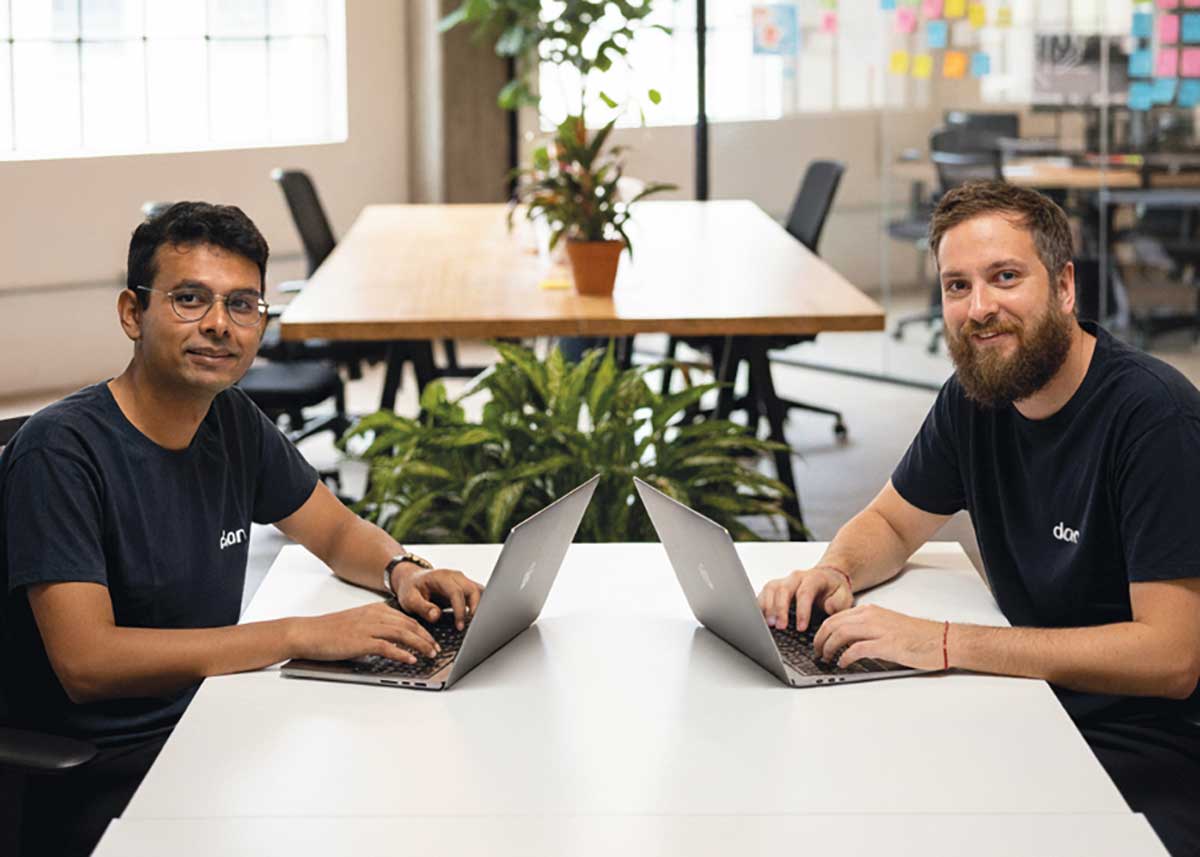

Claro transforms messy, incomplete product and catalog data into structured, reliable insights. With AI agents for enrichment, classification, scraping and document processing, it automates workflows, enhances accuracy and delivers actionable intelligence, helping businesses optimize data quality and decision-making.


Clue is a science-based menstrual-health app that helps users track cycles, fertility and symptoms with medical-grade accuracy. Built by a women-led team, it ensures strict data privacy while supporting every stage of reproductive health.
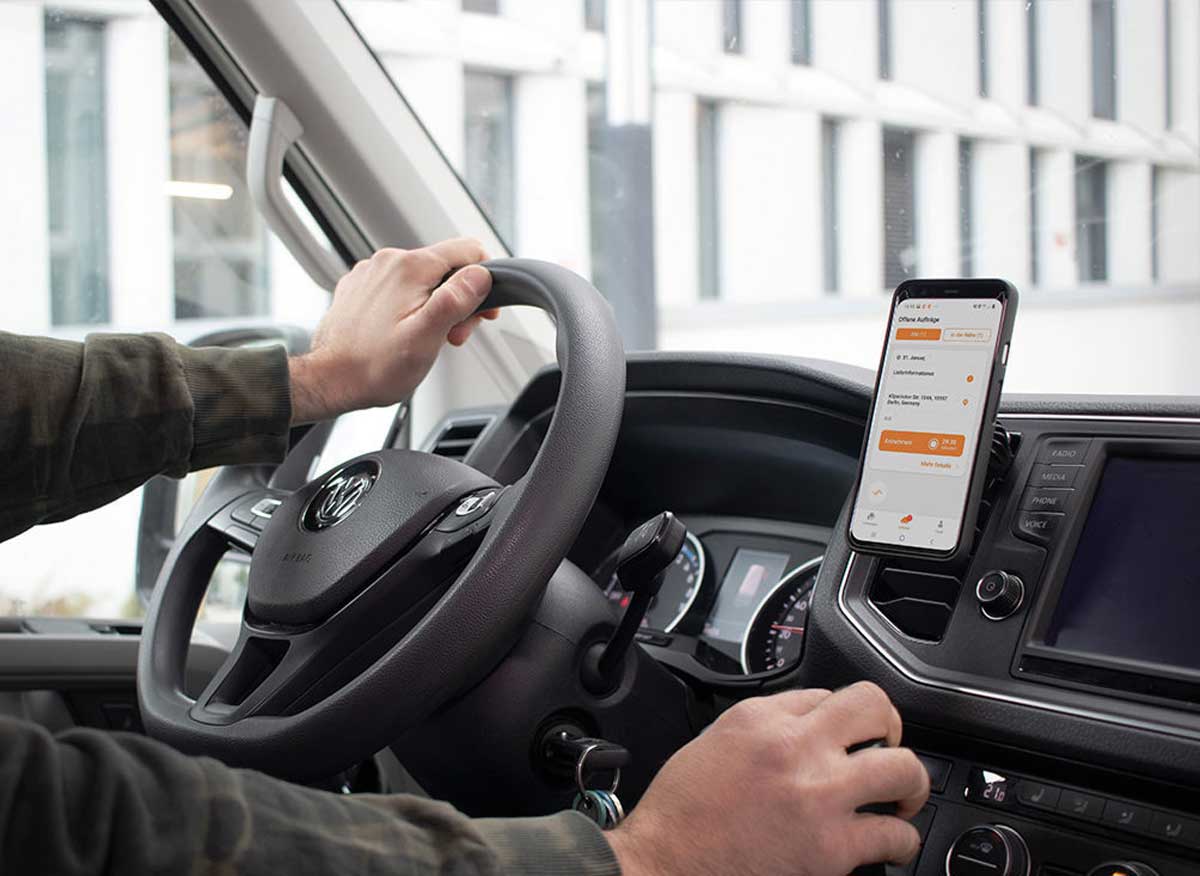

German Autolabs provides voice assistance for logistics, empowering delivery staff and mobile workers to operate more safely and efficiently. Its customizable Voice SDK integrates seamlessly into existing workflows, reducing training time, improving quality and enhancing last-mile operations with proprietary technology.


Inkitt is the world’s first reader-powered publisher, where millions discover and shape the next bestsellers. By tracking what readers love, Inkitt transforms hidden writing talent into published books and even screen adaptations.


Vivid is a financial platform that offers a simple, all-in-one solution for personal and business money management and growth. It serves customers across Europe, combining modern banking tools with accessible, user-friendly services designed to support business success and financial freedom.
Interviews
Programs to know about
Early-stage founders at the prototype stage
The Berlin Startup School Accelerator is a six-month, equity-free program designed to help new founders take their prototype to investor readiness. Open to teams of up to three, it provides each founder with €2,000 (~$2,200) per month, a coworking space in Mitte and access to tailored coaching, mentoring and consultancy credits.

Climate-focused founders
ClimAccelerator (powered by Climate-KIC, Europe’s leading climate‑innovation initiative) supports startups in scaling their climate‑innovation solutions. It offers various themed programs along with access to funding opportunities, a global network and resources such as impact-measurement suite Impact Shift, with the potential for long-term support from Climate-KIC.

Impact technology with founder duos
Reaktor.Berlin is a six-month, pre-seed program for founders with impact-driven solutions for the great challenges of society. It offers €4,166 (~$4,650) monthly funding, expert mentoring and hands-on workshops. It empowers impact-driven founders to build the skills, tools and relationships needed to transform ideas into sustainable ventures.

Early-stage startups that can benefit from telecom infrastructure
hubraum is Deutsche Telekom’s tech incubator that connects startups, developers and ecosystem partners to one of Europe’s largest telecom infrastructures. Its programs offer early-stage founders equity-free support, access to 5G testbeds, APIs and prototyping labs alongside expert mentoring and corporate collaboration opportunities.

Funding Opportunities
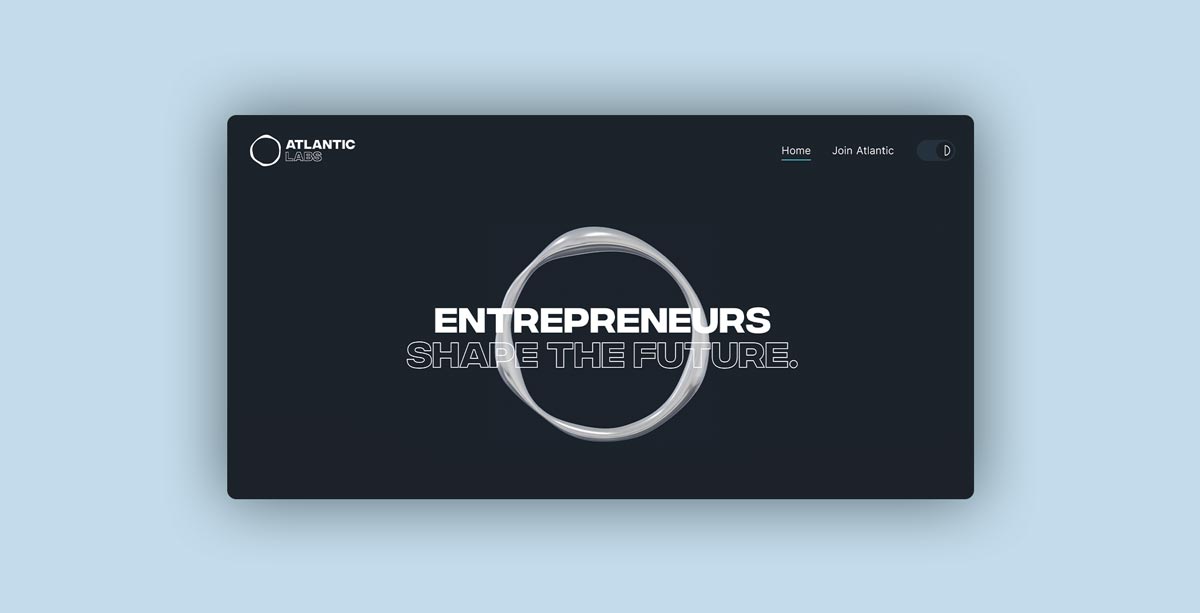

Atlantic Labs, based in Berlin, is a first‑round VC that combines deep founder support with an expanding, experienced investor team. It has led 150 startup investments and offers hands-on guidance across fundraising, talent acquisition, go‑to‑market and venture development.
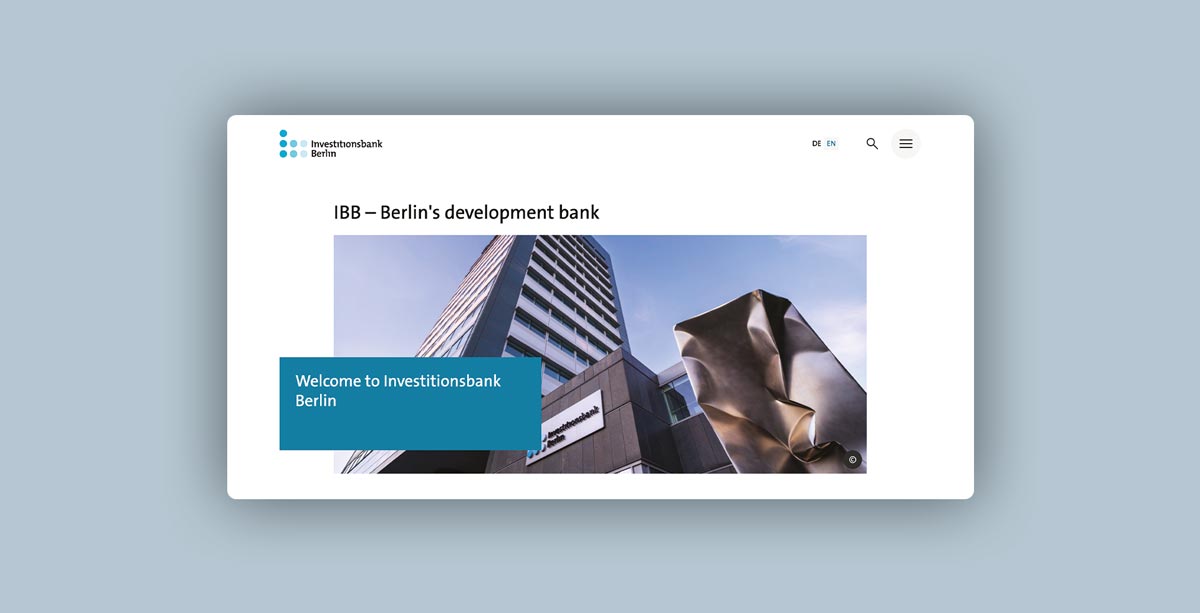

The GründungsBONUS Plus, offered by the Investitionsbank Berlin, supports new businesses and startups focused on sustainable, innovative products. Its grants help new founders secure growth by subsidizing setup costs in development, implementation and market establishment of ecological, economic or social innovations.
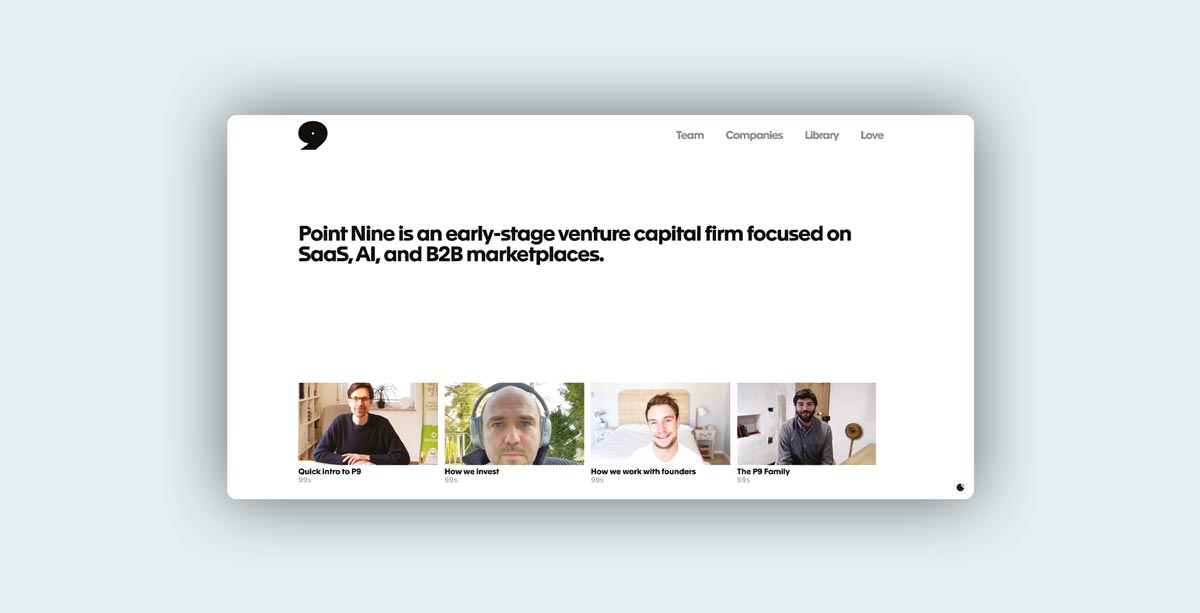

Point Nine, founded in Berlin in 2008, is a seed-stage specialist VC known for backing global-category leaders early. With guaranteed Series A follow-on, it offers founders hands-on support, strong SaaS expertise and a proven track record of scaling startups worldwide.
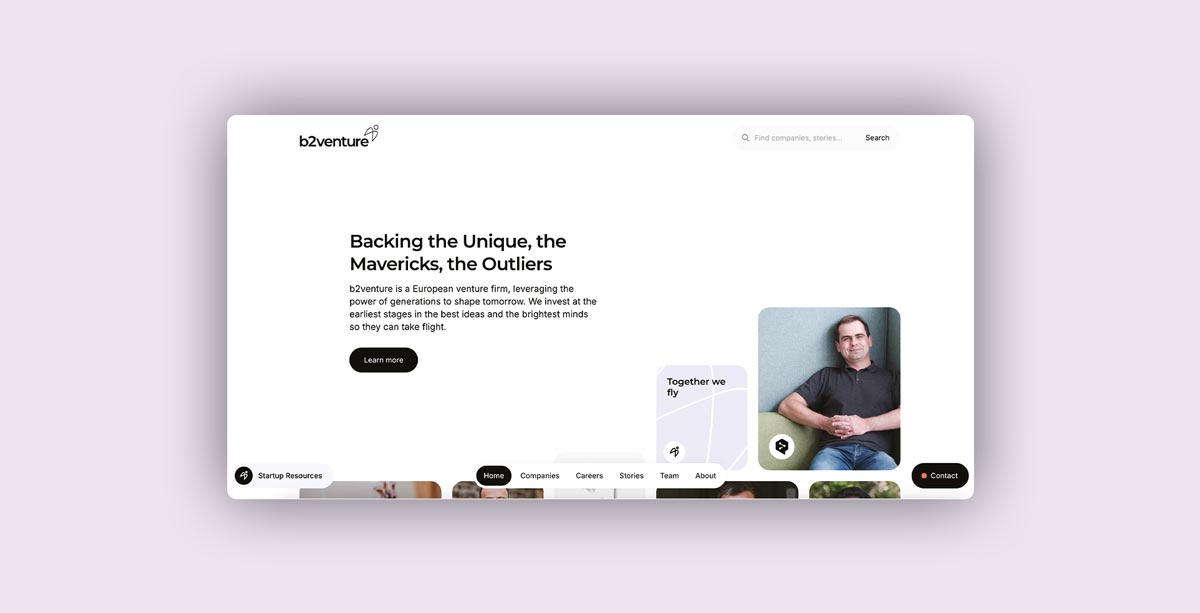

b2venture’s Berlin office drives the firm's early-stage investment activity, giving founders access to €500 million (~$558 million) in capital, tailored support and Europe’s largest angel investor community. Startups benefit from hands-on mentoring, peer expertise and long-term backing through direct investments.
Urban Impact Solutions
Floating University Berlin is an experimental urban laboratory that has transformed a disused rainwater basin in Tempelhof into a collaborative “natureculture” site for socio-ecological learning and action. Run by the nonprofit Floating e.V., it serves as a hub where architects, artists, gardeners and local communities codevelop new forms of urban engagement. The initiative embraces Berlin’s tradition of alternative urban narratives by maintaining the site as a shared resource while testing sustainable practices in water use, urban gardening and community care. Its impact lies in fostering inclusive, cross-disciplinary knowledge and demonstrating how neglected infrastructures can become spaces for resilience and collective futures.

Fluss Bad Berlin is a citizen-driven urban development initiative that reclaims the neglected Spreekanal as a vibrant public space in the city’s historic center. Founded in 2012, the association now counts over 500 members working to transform the canal into a clean, swimmable river landscape accessible to all. The project combines ecological restoration with social participation, upgrading water quality through natural and infrastructural measures while creating new green and recreational areas along the banks. Fluss Bad Berlin demonstrates how sustainable city-making can be both environmentally regenerative and socially inclusive, offering a long-term model for integrating public space, ecology and community engagement.

The Urban Development Concept Berlin 2030 is the city’s long-term framework for shaping inclusive, sustainable growth through broad citizen participation. Guided by the principle of “shaping the city together,” the program combines expert input with public dialogue, engaging over 2,500 residents, children, schools, associations and institutions across Berlin-Brandenburg. Through forums, workshops, online platforms and creative projects, citizens have contributed more than 1,000 ideas that informed strategies for climate action, housing, mobility and social cohesion. By embedding diverse voices in planning, the concept sets a precedent for resilient urban governance that prioritizes transparency, inclusivity and long-term sustainability.



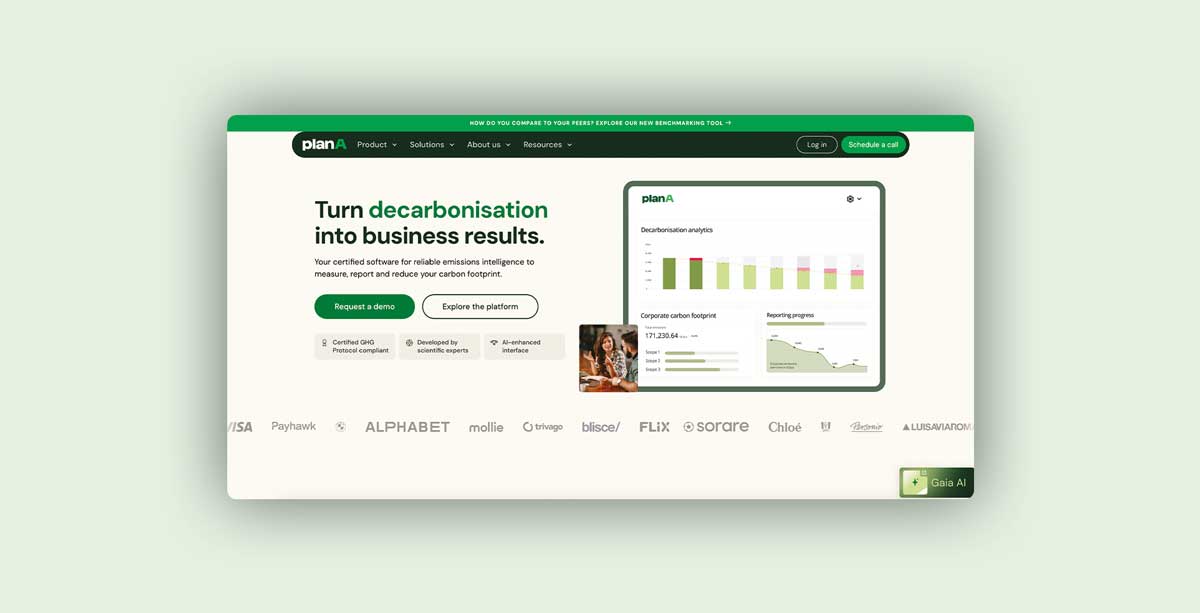
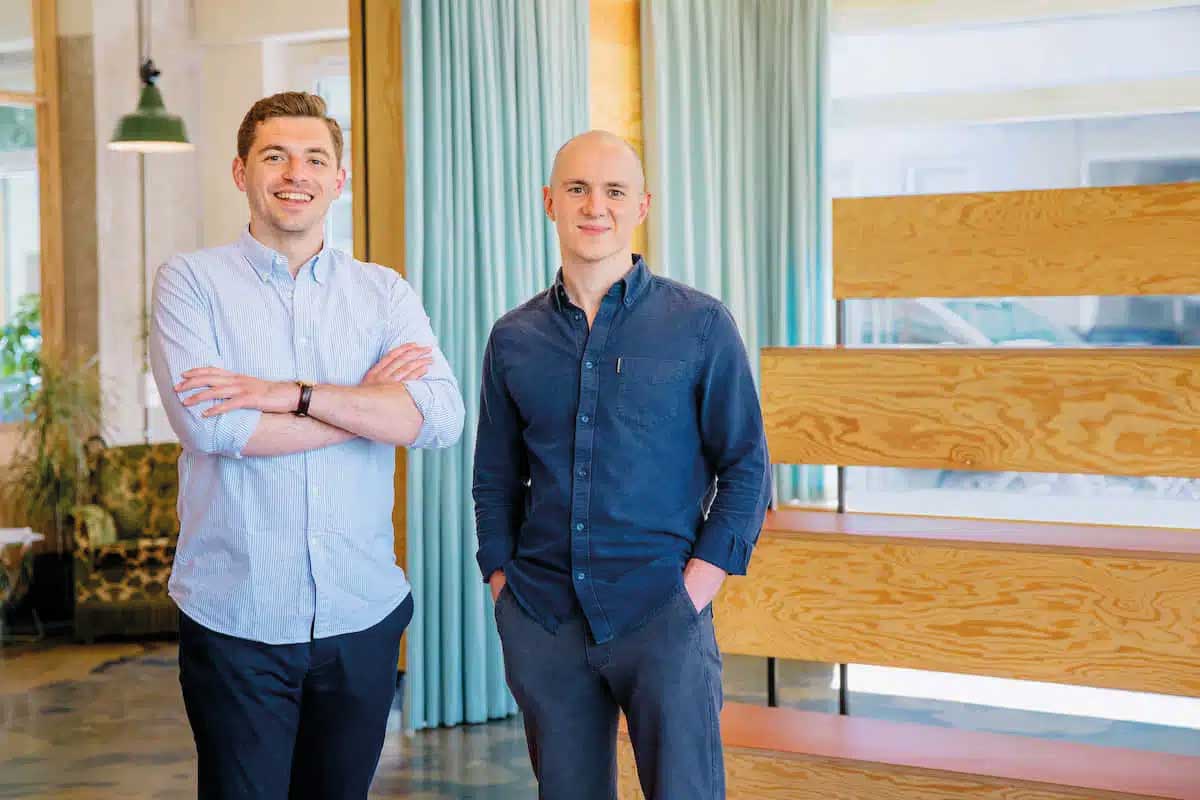
_s.jpg)
